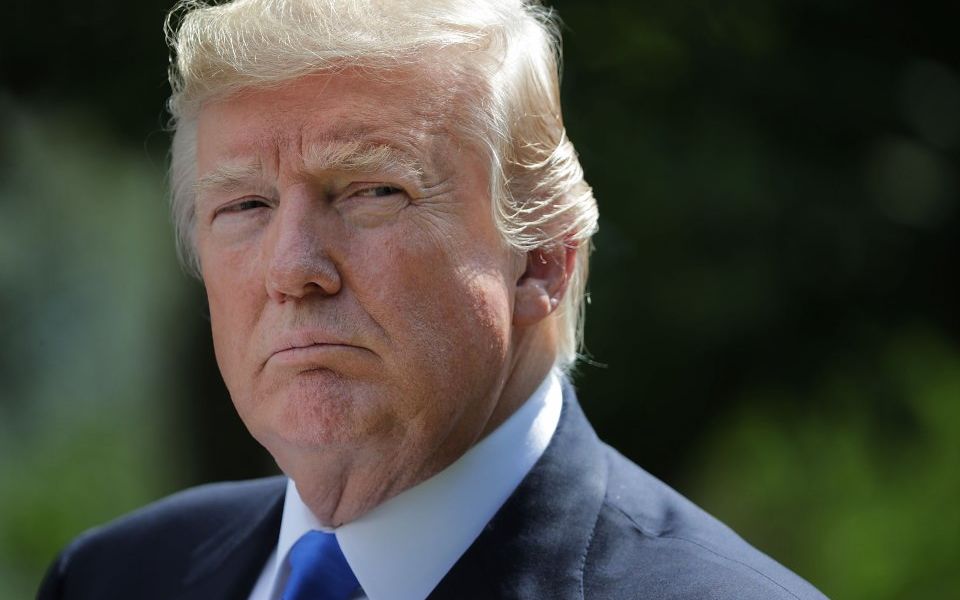
Trading Trump

In recent months President Trump has reportedly been “hell bent” on imposing huge tariffs on steel imports to bolster domestic industries, despite warnings that doing so may spark a global trade war. Treading delicately as is his custom, ‘the Donald’ has also threatened to tear up the North American Free Trade Agreement (Nafta).
Nafta does look to be in trouble. According to The Economist, the trade representatives of the three countries signed up to Nafta – Canada, the US and Mexico – ended a fourth round of talks without much having been agreed.
Now the free trade deal isn’t about to immediately collapse after 23 years. In fact, negotiations between the three countries have been extended to the first quarter of next year. But Robert Lighthizer, the US trade representative, has also suggested it wouldn’t be the end of the world if no agreement was reached.
On the flip side, Chrystia Freeland, the Canadian foreign affairs minister, said this week that in a “no-fuss Canadian way” she was preparing for “the worst possible outcome”.
There’s a good chance the US could find renegotiating the terms of Nafta as difficult as Britain is finding negotiating Brexit with the European Union. Such trade deals are by necessity complex and close to impossible to renegotiate. They are so because they were complex and difficult to agree in the first place.
As a result, there are many who argue there is nothing in Nafta that needs to be renegotiated — that it has benefited all three signatories to the deal and made everyone, ultimately, richer.
President Trump isn’t one of them. He thinks Nafta is a bad deal for the US and has suggested he doesn’t care if it is scrapped altogether. And however you feel about him, whatever your politics, it is impossible to ignore the US President.
The 'Trump Trade'
And more than any President before him, Donald Trump uses the media, and particularly social media, to assert his authority and attempt to influence policy. The phenomenon is already known as Trumpenomics or the Trump Trade. President Trump only has to send a tweet to wipe millions, even billions off the value of a company.
Take his tweet in December 2016 that the White House was paying too much for the new Air Force One government plane. He wasn’t even officially President yet but that one tweet wiped $1billion off of the value of Boeing, the company contracted to build the plane.
Toyota saw $12 billion wiped off its market value after President Trump criticised the firm for planning to build a new car plant in Mexico instead of the US. And there are countless other examples.
It isn’t as if the political decisions of the White House haven’t impacted markets in the past.
You only have to look back to Obamacare and the impact that had on pharmaceutical and health insurance stocks as the bill that would bring the healthcare system into being progressed through Congress.
But those were the result of policy rather than tweets.
Now if ‘the Donald’ tweets that he is going impose tariffs on steel imports, for example, the share price of domestic steel producers goes up.
If the President tweets he is going to loosen bank regulations brought in in the wake of the financial crisis, bank shares rise. And if he threatens to scrap Nafta, everyone whose livelihood depends on it will be concerned.
The problem is that President Trump does seem very determined indeed to reshape the US economy. If that means scrapping a free trade deal with his nearest neighbours or risking a trade war over steel imports, he seems, on the surface at least, more than willing to do so.